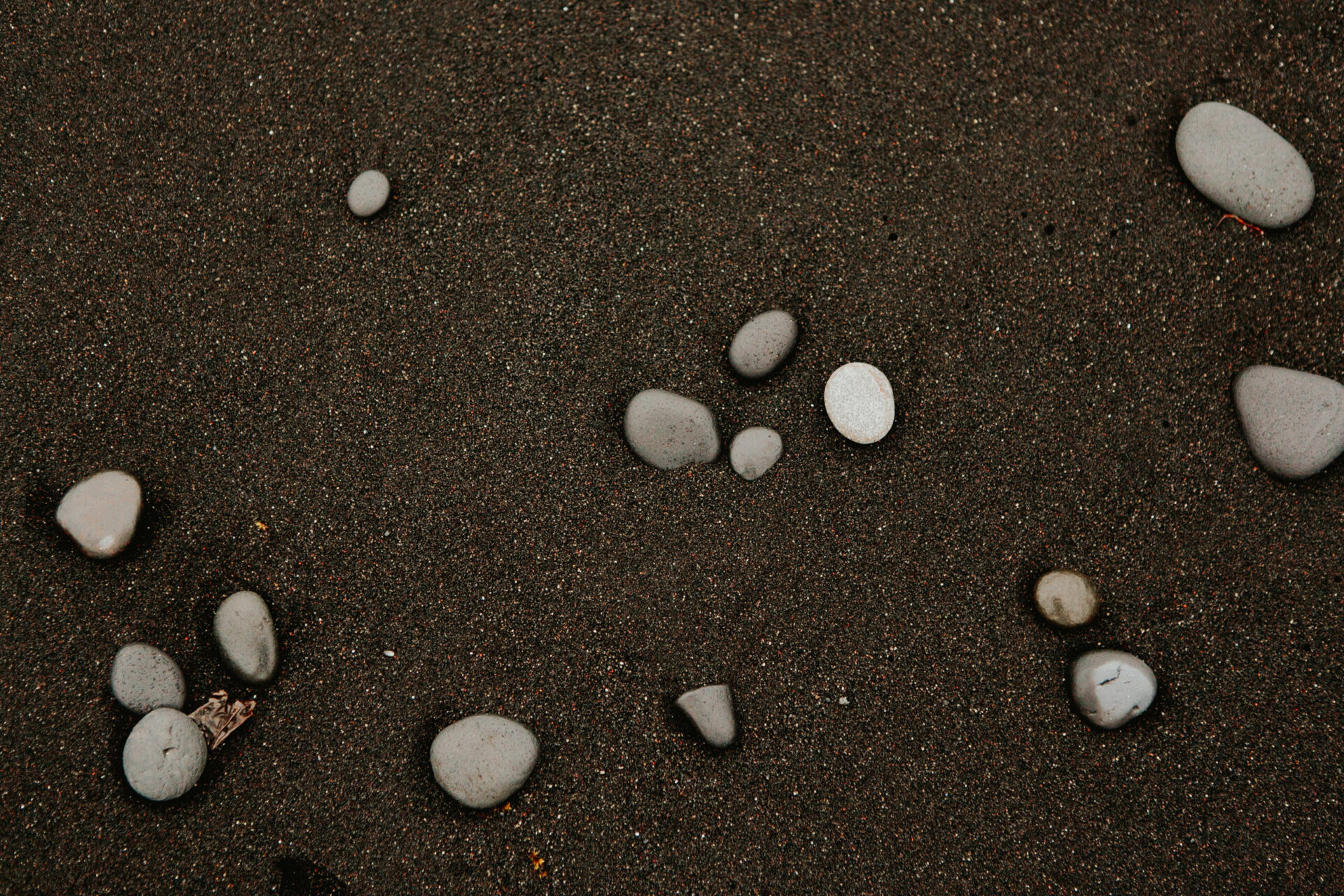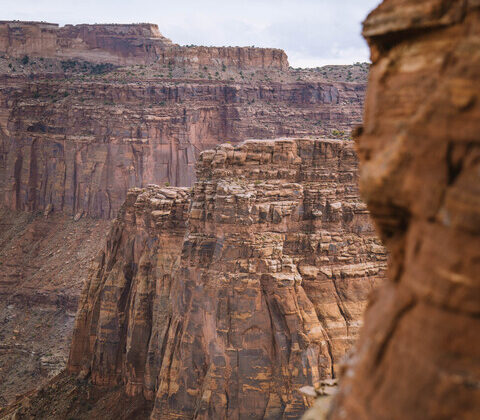Have you ever been burned in ministry? And I don’t mean slightly singed, I mean, burnt to a crisp? Have you ever had someone you loved, sacrificed for, and thought of as a close friend turn around and stab you in the back? Has any of this led you to ask what the point of ministry is? Welcome to the club. Anybody who disciples people for long enough will end up in these shoes. There will be tears, pain, and questions about what the point of it all is. And I don’t think this is the worst position to be in. It’s painful, yes, but it can also be clarifying. It leads you to ask the question, what is the point of discipleship? It leads you to question what drives you to love people so deeply, and if love is worth the pain.
First, let me clarify that I don’t think discipleship and ministry are a once a month meeting. I don’t think it’s a Bible study. I think it’s life, friendship, vulnerability, and depth. In short, it’s a very important friendship that revolves around faith. Discipling people excellently means you must love with reckless abandon. You must hope and give over pieces of yourself. You must love like Jesus does, and every time we do this it comes with a cost. There’s always a chance this person will hurt you deeply. The amount you love someone is equal to their ability to hurt you. This is just life; the risk of love. I think in discipleship, we need to consider what we hope to gain in return from the love we give.
Perhaps your hope is that the people you disciple would know Jesus deeply; that is noble and wonderful. Perhaps it’s that they would love you with the same level of affection; this is friendship, not ministry, though sometimes this happens. Perhaps you feel called by the Lord to love and care for somebody who is lost, and you hope they might learn they’re valued and seen by God. None of these things are bad, but I think remembering your motivator in ministry is the key to longevity and—sometimes—survival.
I want you to think about the way Jesus discipled his followers. He had Peter, who was excited about everything and even physically leapt out of the boat when called by Jesus (Matthew 4:20). Peter had some of the right answers but also misunderstood Jesus, abandoning him at the cross. Ultimately Jesus reinstated him, and he walked with God in world-changing ways. There was pain in that relationship, but also redemption. That’s an easier story, but what about Judas?
Judas walked closely with Jesus for three years. Jesus trusted Judas to be in his inner circle, and he saw Jesus do incredible healings, stayed with him on long journeys, listened to his words, and then Judas betrayed him. After Judas handed Jesus over to be murdered for money, he was remorseful. Judas went back to the people who arrested Jesus, and admitted he had done wrong (Matthew 27:3-5). But as far as we know, there was no redemption for Judas in his relationship with Jesus. For example, there was no conversation, no apology, and no reinstatement like with Peter. Instead, there was estrangement, separation, and a sad ending. There was no good conclusion, and sometimes that’s where we find ourselves. What do we do with that? We need to remember a couple of key points:
Control
You aren’t in control of anyone’s decisions. It doesn’t matter how much you love, how well you teach, or how close you are to someone; people will ultimately always make their own decisions. These may be good or bad, but you aren’t in charge of that. You cannot blame yourself for someone’s bad decision, the same way you cannot give credit to yourself for someone’s good decision. People are free to live their stories, and your job is to care for them as they do that. They aren’t robots for you to control, or clay for you to mold. They’re humans with their own lives to live, and they must make their own choices. If Jesus didn’t control Judas, then we should be hands off as well. That isn’t to say we shouldn’t offer advice when asked, but we can’t torture ourselves when someone we love makes poor decisions.
Purpose
Your purpose in discipleship is love. It’s to teach and give love, but it can’t be to receive love. Ministry and discipleship don’t revolve around you gaining anything from the other person. Many times we can be destroyed by people when our identity is wrapped up in ministry. Sometimes when people screw up, walk away from God, or hurt us, this messes with you in a way that you didn’t expect. Perhaps this is because we believe our ministry is our identity. Jesus wasn’t leveled by Peter and Judas’ decisions, because his goal wasn’t to receive his identity from them. Don’t forget that your purpose is to be a disciple of Jesus himself, and to love his people. That is your job. Love. And your identity is a child of God, not a general in his army, not a tool in his hand, but his kid who he loves. We need to remember our identity to not get lost in our ministry roles. Jesus understood his identity, so when Judas betrayed him, it didn’t derail his heart. I’m sure it hurt, but it didn’t destroy Jesus because Jesus knew WHO he was.
We can be generous with the love we give out. Don’t forget the parable of the sower. Matthew 13:1-9 says,
“That same day Jesus went out of the house and sat by the lake. Such large crowds gathered around him that he got into a boat and sat in it, while all the people stood on the shore. Then he told them many things in parables, saying: ‘A farmer went out to sow his seed. As he was scattering the seed, some fell along the path, and the birds came and ate it up. Some fell on rocky places, where it did not have much soil. It sprang up quickly, because the soil was shallow. But when the sun came up, the plants were scorched, and they withered because they had no root. Other seed fell among thorns, which grew up and choked the plants. Still other seed fell on good soil, where it produced a crop—a hundred, sixty or thirty times what was sown. Whoever has ears, let them hear.’”
Jesus tells a story about a farmer who threw his seed willy-nilly all over rocky trails, stone, and dirt. It may seem like he’s pretty much the worst farmer ever, but the point is, we can be generous like God is with his love. God never holds back; though seed doesn’t grow on rocks, he still threw it there. The sower isn’t in charge of what grows, his job is just to spread hope around. Our job isn’t to grow everyone into Mother Teresa; rather people will make their own choices in their lives. Our job is to be generous with our love. And if we are disciples of Jesus, he will give us an unending supply of it. Even if you were seriously burnt by the people you loved, that doesn’t have to be the end of your story or theirs. We have no idea where people will end up or how stories will develop, just like we have no way of knowing which seeds sprout into beautiful trees or never even get to germinate. That’s not our job anyway.
We Get Jesus
So what do we gain? What do we get when we give ourselves away and love like Jesus does? I think we get Jesus. We get to know him as he shapes, comforts and leads us. You don’t always get the people in the end. They don’t always see Jesus the way you long for them to see him, or become who you dreamed they would become. But when you walk next to God and love people like that generous sower, you gain Jesus in a unique way.
When I look back at my life in ministry—which is filled to the brim with both joy and intense pain—I can know that it was worth the sacrifice; not because of the fruit I get to see today, but because I know that I love Jesus far more today than when I started 25 years ago. I know he is good and it isn’t because everyone of the seeds I sowed has become a beautiful plant, but because he was with me the whole time, and I know him far better today than I did before I started. My love never ran out, even when it should have, and neither does his. Keep sowing.
Interested in learning more about the generous character of God? Check out Ness’s book, Start From Here, a 6-week devotional that guides you through finding God wherever you are.
Photo Credit: @emileecarpenterllc
Ness Cannon is a writer, speaker, teacher, wife, mother, small business owner, designer, pug mom, perpetual student, and the author of I Am Not In Charge, published by Hosanna Revival. Her greatest hope is to remind you that you aren’t alone. God has saved a seat for you at his table and you absolutely belong.






